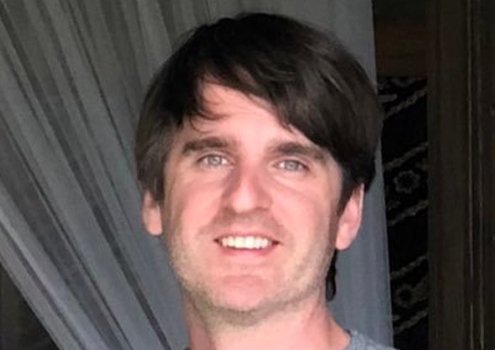Reading time: Less than 3 minutes
Are you a voracious reader? (You should be!) And I think the writers we read can give us great advice about their craft. Today, I launch a new feature about writers….
Readers, I’m beginning a new feature in Power Writing — roughly once a month my column will be a brief interview with a published author. I provide no guarantees as to who these authors will be. I intend to wander across a ludicrously wide map, including the countries of: novelists, short storyists, non-fiction book writers, journalists and bloggers. What it comes down to is this: I’ll try to find the most interesting wordsmiths and give you a brief glimpse at their writing lives. If this sounds wildly eclectic to you, well, that’s just the kind of writer I am….
My guest today is Nathan Bransford, a literary agent with the San Francisco office of Curtis Brown Ltd and a prolific blogger about writing. If the thought of producing a novel has ever crossed your mind, be sure to read his blog, which has wonderfully wise and helpful writing/agent-seeking/publishing advice. My favourite recent entry is a very funny one on writing maladies. As well, you can also follow him on Twitter — @NathanBransford.
In addition to being a literary agent, Nathan is the author of Jacob Wonderbar and the Cosmic Space Kapow, which will be published by Dial Books for Young Readers in 2011. It’s a middle grade science fiction novel about three kids who trade a corndog for a spaceship. They blast into space, accidentally break the universe, and have to find their way back home. Oh, and Nathan did not act as his own agent and the publisher is not the company he works for! He simply knows the value of a good agent (if you’ve ever watched TV, surely you know that lawyers seldom represent themselves) and he didn’t want any conflict of interest with his own company.
Can you briefly describe your writing day (how much time do you spend at it; where do you do it?)
I only write during the day on the weekends, wherever I happen to be at that time. I’m usually working, agenting, from about 7:30 am to 8 pm on weekdays, so I squeeze in writing when I can on the weekends. My clients always come before my writing. I try to make sure to get about 10 pages done per day I write, but I don’t keep strict limits.
If you had one writing “bad habit” you’d like to break, what would it be?
Having my characters use empty/mundane gestures (sighs, smirks, eye-rolls, chuckles, etc.). This is a tough habit to break, but I’ve been trying to be better at having the characters use “props” in the setting (fiddling with clothing, things around them, etc.) so that their personalities and emotions come through via individualized moments and gestures.
If you’re feeling blocked, what do you do to get yourself writing again?
I force myself to stare at a blank page until I think of something. Truthfully I don’t have enough time for writer’s block. The best cure is a deadline.
Which do you find more enjoyable — writing or self-editing — and why?
I find the editing more enjoyable. It’s much easier to take a scene at one level and bump it up to the next and polish it and have fun with it than to think of it from scratch.
What’s something you know now about writing that you didn’t know when you were 18 years old?
I actually didn’t know I wanted to be a writer at age 18, so I wasn’t thinking much about the writing process. But I think I would have been surprised about just how hard it is to write a novel.
How long did it take you to write your book?
About six months. It’s about 50,000 words, which will translate to about 220 finished pages.
Can you name one author you really like to read? What do you particularly like about his/her work?
One of my very favorite authors is Ian McEwan. I don’t know that there’s another writer out there who combines beautiful prose with intricate plotting to the degree you find in Enduring Love and Atonement. I also love his precision — he brings a scientist’s mind to writing.


